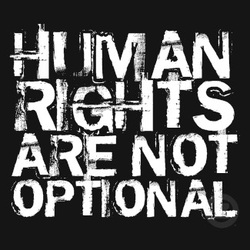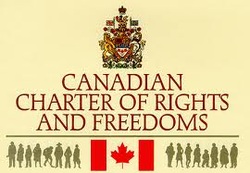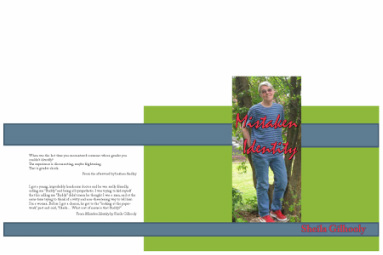
The result would be the same in B.C. Even though 'gender identity' is not included in the B.C. Human Rights Code, trans people have been winning all their cases on the ground of 'sex' .
Some Catholic school boards in B.C. refuse to permit trans children to live in their affirmed gender, arguing freedom of religion. Tracey Wilson, age 9, is challenging their position.



 RSS Feed
RSS Feed
